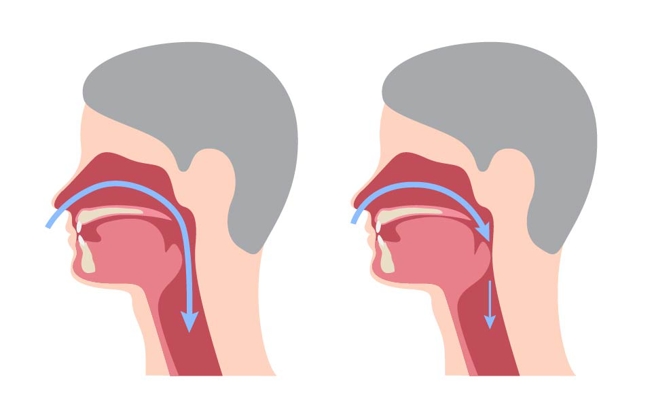Diabetes Myths Debunked
- Category: Diabetes Education
- Posted On:
- Written By: Parrish Medical Center
.jpg)
There are three different types of diabetes — Type 1, Type 2 and Gestational. Each has their own set of characteristics, but they all share two common things — they affect the way your body regulates blood sugar (glucose) and they are surrounded by many misconceptions.
Knowing the facts about diabetes is an integral part of helping patients stay involved with their medical care. Not only does being health literate help increase communication with your doctor, but you can also be well-informed to make decisions about your care. Here are the real facts about diabetes you should know:
Myth #1 - I Don’t Have To Worry If Diabetes Doesn’t Run In My Family
While family history is one of the risk factors, it’s not the only way in which you can develop diabetes. There are many factors for each type that can put someone at risk.
- Type 1: Also known as juvenile diabetes, type 1 diabetes is a chronic condition in which the pancreas produces very little or no insulin.
- Family history
- Diseases of the pancreas
- Infections or illnesses that can damage the pancreas
- Type 2: When the body does not use insulin properly to keep glucose at normal levels.
- Obesity/overweight
- Sedentary lifestyle
- Prediabetes - blood sugar levels are high, but below levels to be considered Type 2.
- Ethnicity - diabetes is more prevalent in Hispanic/Latino Americans, African Americans, Native Americans, Asian-Americans, Pacific Islanders, and Alaska natives.
- You previously had gestational diabetes
- Family history
- Women with polycystic ovary syndrome
- Gestational: Develops during pregnancy and causes high blood sugar that can affect both mother and child.
- Family history
- Obesity/overweight
- Glucose intolerance
- Age - the older you are when you get pregnant, the more at risk you are.
- Ethnicity - women who are Hispanic/Latino Americans, African Americans, Native Americans, Asian-Americans, Pacific Islanders, and Alaska Natives have an increased risk.
Myth #2 - Diabetes Comes From Eating Too Much Sugar
Sugar itself does not cause diabetes, but it can have an influence on developing type 2 diabetes. Overeating sugar can cause weight gain or obesity, which is a risk factor.
Myth #3 - If I Drink Water, I Can Wash Away The Extra Sugar In My Blood
While drinking water is always a good choice, you won’t be able to wash away high blood sugar levels by drinking water. The best method for preventing or controlling diabetes is to adopt healthy eating and exercise habits.
Myth #4 - Insulin Cures Diabetes
Unfortunately, there is no cure for diabetes, but it is a manageable disease. Along with a good diet and exercise regimen, insulin is used to help control and stabilize blood sugar levels.
Myth #5 - If I Get Diabetes, I’ll Never Be Able To Eat Sugar Again
Just because you have diabetes does not mean you have to deprive yourself of all things sweet. However, you must pay close attention to your carbohydrate intake. Carbohydrates increase blood sugar levels, so moderation is key. If you have been diagnosed with diabetes, it’s always best to consult your doctor on your specific dietary needs.
Take Our Free Diabetes Risk Assessment Test
Taking our diabetes risk assessment test can help you identify your potential risk.
If you or a loved one suffer from diabetes, Parrish Medical Center can help. Our Diabetes Education and Nutrition Services is recognized by the American Diabetes Association. Our certified diabetes educators can assist you from nutrition services to learning how to make good health choices. Contact us today at 321-268-6699 for more information.



